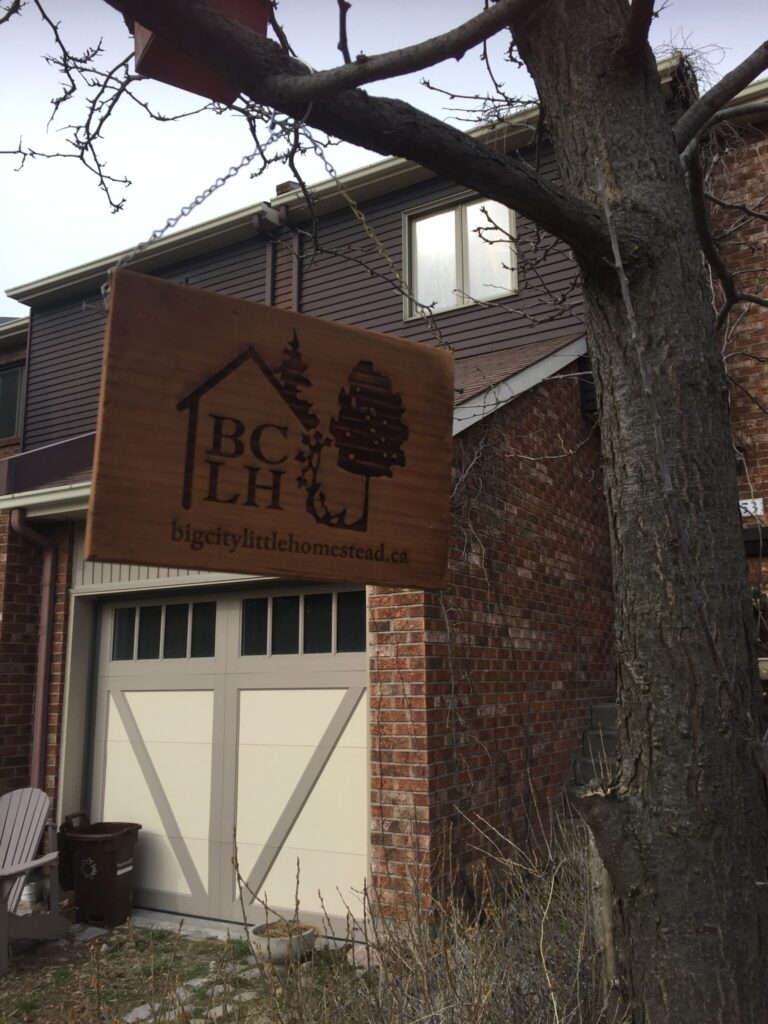Whelp, it’s now been 10 years since I converted my driveway to a green one, and laid an infiltration gallery into the front yard. I’ve written about it in Harrowsmith Mag, and I’ve been interviewed about my yard and its expansion in Modern Farmer. And of course I’ve written about it here, sometimes just in passing while observing the progress of my endeavours, my pets and the creatures that use it, and the changing seasons.
Objectively, when I look at the house from the street, the yard — the landscaping right up to the front door — seems to have both vertical and horizontal depth. It holds so much more, it just feels bigger than neighbouring properties. But as…it holds more… the gardening is as necessary as housework. I find both rewarding, but gardening is like therapy or meditation or something productive and relaxing at the same time. It never ends (except for winter’s recess), and it never gets boring, because something’s always changing.
Plant community changes
The first few years after the entrenching and conversion work, I did as much food-gardening as the garden would let me. The plan was to maintain the box hedge at the sidewalk perimeter, have a long box garden down the property line with the welded wire fence, and regular yard in between. Other plants could grow where they wanted to, or where I had room to fit them. I got quite a bounty in my first year.
As the shade from the growing tree dwindled the harvests, I tapered off growing vegetables and just cultivated as many flowers as appeared. And they did, in fact, take over. I had, and still have, big pots and balcony planters for a small potager of vegetables and bunny food. I literally grow more for my rabbits than for humans. (And yes, I absolutely did get lazy about cultivating a potager garden.)
Continue reading






